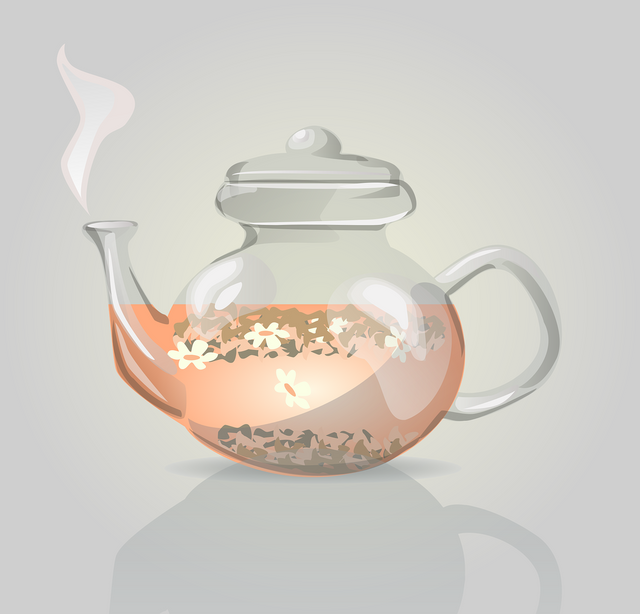White tea - like black and green tea - is made from Camellia sinensis tea plant. It is regarded as a particularly high-quality tea - the imperial class! But what is the difference - what makes white tea so special?

Production and preparation
White tea is produced from Camellia sinensis. In contrast to green and black tea, the hand-picked leaves and unopened buds of white tea are only fermented. The gentle production and the natural sun drying process preserve the tea plant's intense taste and valuable ingredients. Origin The name "White Tea" comes from the white fluff that gives the buds of the tea plant a silvery glow. It originates from the Chinese mountain region Fujian.
Popular varieties are for example the "Pai Mu Tan", in German "WeiSe Pfingstrose","Yin Zhen", in English "Silbernadel" or "Yin Long", translated "Silberdrache". Preparing the tea White tea should not be done with boiling water, similar to green tea. The gentler the preparation, the better the valuable ingredients can unfold their effects.
It is therefore advisable to pre-heat the teapot with hot water. Pour about 10 grams of tea with one litre of water. Under no circumstances should this temperature exceed 80 °C, ideally 70 to 75 °C. The softer and calcareous the water, the better. Let the tea infuse for one to five minutes, depending on the type and taste. The leaves can be infused up to three times, with each infusion having a different taste.
Action
Polyphenol content The high content of polyphenols in white tea can be described as beneficial to health. Polyphenols act as antioxidants and thus combat free radicals (atom or molecules with an unpaired electron) in the body, which can cause a lot of damage and also play a major role in the development of cancer. Methylxanthin Methylxanthin is one of the alkaloids and is similar to caffeine. These substances have a relaxing effect on the muscles of the respiratory tract. They also stimulate the circulation and increase the ability to concentrate. Methylxanthines are contained in many fat burners as they stimulate the metabolism. Thus, wise tea can be quite supportive when losing weight. Thiamine (Vitamin B1) The heat and light-sensitive thiamine is indispensable for the nervous system. Deficiency symptoms range from tiredness and headaches to weak immune defence and heart failure. All-round healthy white tea lowers blood pressure, regulates the cholesterol level and blood sugar levels, stimulates the circulation, strengthens the immune system, has a rejuvenating and life-prolonging effect.... all around, as befits an emperor!